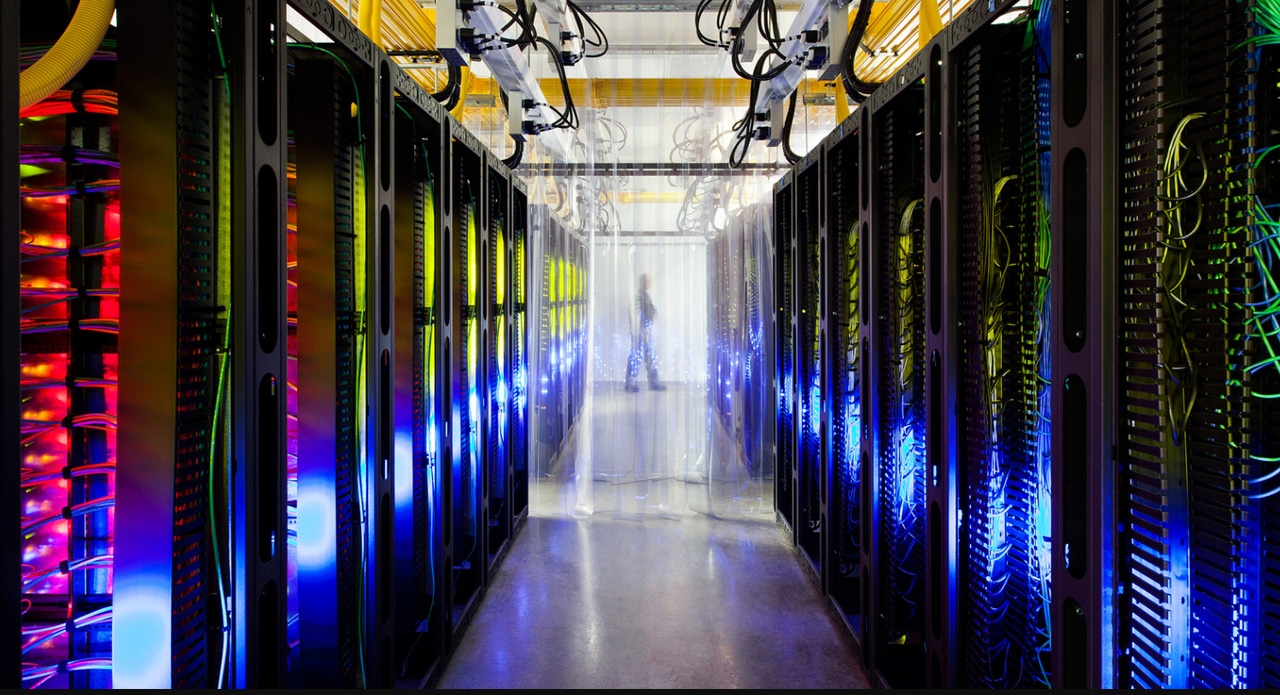
Hyper-converged infrastructure company Scale Computing has teamed up with Alphabet’s Google to make hybrid cloud easier for enterprise customers.
The two companies today introduced Cloud Unity, which integrates Scale’s HC3 software environment with Compute Engine, Google Cloud Platform’s infrastructure-as-a-service offering.
Cloud Unity essentially enables Scale’s enterprise customers to use Google’s cloud as their remote backup data center, backing up their on-premises environments in the cloud.
For Google, this is another important partnership in making inroads into the enterprise market, adding another option to its previously announced partnership with hyper-converged infrastructure leader Nutanix.
Scale’s 2,600 customers are predominantly medium-sized organizations with only one to five IT managers, the company’s co-founder, Jason Collier, said in an interview with Data Center Knowledge. When Scale executives talk to these customers, one of their biggest struggles is that they don’t have budget, time, or personnel to build and maintain backup data centers. The Google partnership is an attempt to address that, providing what he said would be an easy and affordable disaster-recovery option.
“Imagine you are stuck in the path of a hurricane, and you are a small-to-mid-sized organization that doesn’t have enough capital or resources to have a remote site,” Collier said. “We can make Google your disaster recovery target. This is an exceptionally cost-effective way for people that don’t have a disaster-recovery plan to go out and implement it on a network that is far more robust than anything they could build themselves.”
The service is expected to launch in the fourth quarter. Pricing has not been announced yet, Collier said.
Mike Cisek, Gartner’s research director for mid-size enterprise and compute teams, said the partnership is significant for medium-sized organizations.
“Scale has been known for years for their simplicity, and now they have brought that same on-premise simplicity to what is inherently a complex endeavor for these mid-sized organizations, which is cloud integration -- especially the networking components -- and disaster recovery and service continuity.”
Scale competes against the likes of Cisco, Dell EMC, Hewlett Packard Enterprise, and Nutanix in the hyper-converged infrastructure space. The technology, which integrates servers, storage, virtualization software, and networking into a single appliance, is meant to simplify deployment and management of IT infrastructure.
For their part, cloud providers see hybrid cloud as a way to attract more enterprise customers to their platforms. Google has been ramping up its partnerships to enable this, and so have its competitors. Amazon Web Services has a hybrid-cloud partnership with VMware, while Microsoft Azure has been partnering with hardware vendors to get Azure Stack, the on-premises version of Azure cloud, into customers’ data centers.
Scale standardizes on the open-source KVM hypervisor, so customers don’t have to purchase virtualization licenses. But about 90 percent of medium-sized organizations virtualize servers using VMware, Gartner’s Cisek said. The new hybrid cloud offering by Scale and Google has the potential to put a dent in VMware’s market share in the midmarket, he said.
A Scale executive presented the company’s hybrid cloud plans with Google at a recent conference for mid-sized enterprises. There was buzz among attendees afterward, people saying they would consider moving off VMware to take advantage of the combination, Cisek said.
With the Cloud Unity offering, HC3 virtual instances run on top of Google Cloud, Scale’s Collier said. Enterprises can easily migrate virtual machines between on-premise Scale equipment the cloud platform with a few clicks. In fact, it’s designed so that virtual machines in the cloud look like they’re on an enterprise’s local area network.
“We worked to create a transparent software-defined network layer between us and Google,” he said. “What that means is the Google cluster has the same IP address as your local area network. Customers don’t have to figure out the networking part.”
Customers can replicate their primary data center environment to Google Cloud and have their disaster recovery site up and running in several hours, he added.
Read more about:
Google AlphabetAbout the Author
You May Also Like









